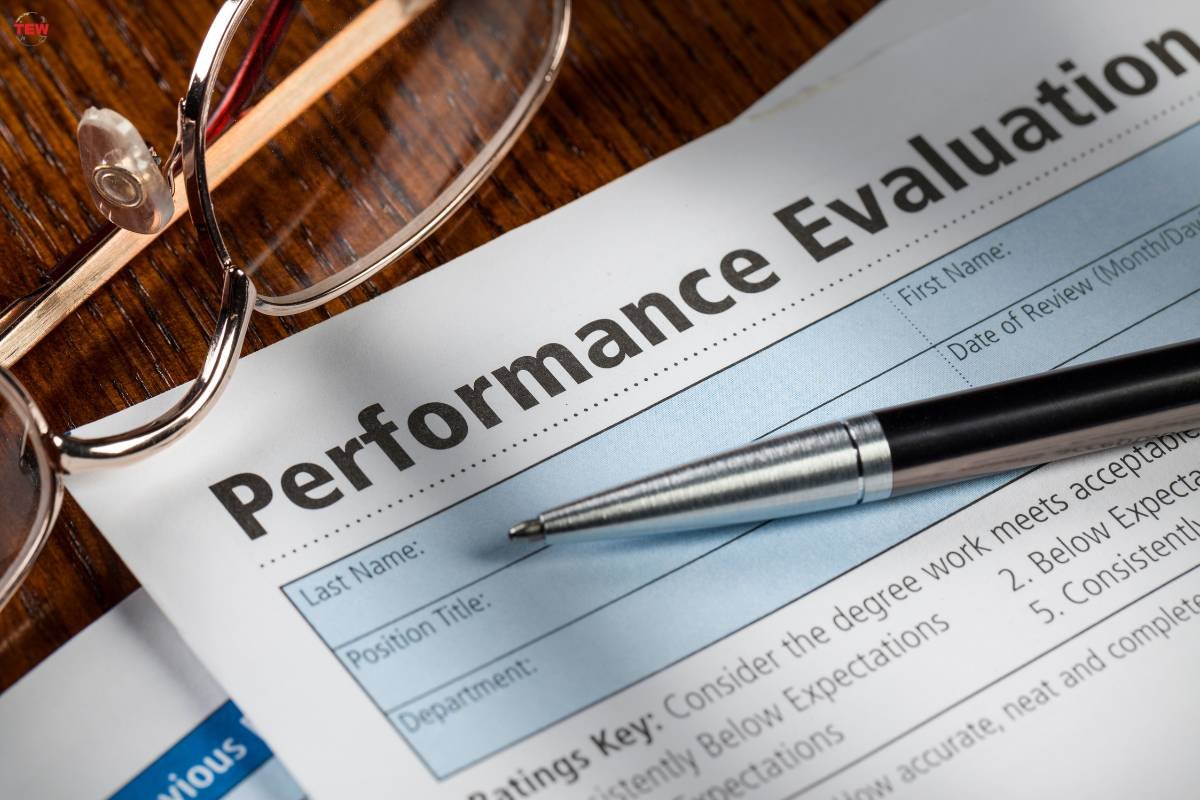When potential buyers contemplate acquiring a business, understanding its value becomes imperative. A comprehensive assessment of the business’s worth offers information that aids in making informed decisions. Buyers can accurately gauge their targeted business’s well-being and potential profitability by conducting an evaluation. Therefore, if you plan to purchase a business, here is a comprehensive guide outlining factors impacting business value, approaches to business valuation, and more insights.
Factors Impacting Business Value
How do I value my business? It is common for a first-time business seller to ask. Therefore, it helps to know that numerous factors play a huge role in determining the value of a business. These factors intertwine to establish a market value that encompasses both intangible assets. Here are some essential elements you should know about that influence the value of a business if you plan to buy it.
1. Financial Performance

Evaluating the performance of the business is pivotal during valuation assessments. It entails analyzing revenue trends, profit margins, and cash flow statements as recurring liabilities and expenses.
2. Industry Comparisons
Buyers must comprehend how the target business stands compared to others within its industry. Drawing comparisons with businesses provides insights into market positioning, competitive advantages, and potential avenues for growth.
3. Intellectual Property
Intellectual property assets and proprietary technology can have an impact on a business’s worth. Consideration should be given to trademarks, patents, copyrights, and trade secrets that contribute to establishing uniqueness in the market.
4. Customer Base
A loyal customer base holds value for the success of any company. It is also considered significant in terms of valuations. Evaluating factors such as customer retention rates, repeat sales patterns, and demographics helps determine the potential for revenue and overall stability.
5. Growth Potential
Buyers are interested in businesses that have growth prospects surpassing industry norms. Assessing expansion opportunities, such as entering markets or introducing products, ensures possibilities for long-term sustainability.
Two Common Approaches to Business Valuation
In the business world, two methods are used to evaluate the business valuation. Thus, if you know someone selling a business, the following approaches are viable for evaluating the overall value.
1) Asset-based Approach
This method involves calculating the market value of all the business’s tangible and intangible assets while deducting any liabilities (such as debts or liens). Although this approach provides insights into a company’s value, it may not fully capture the potential profitability associated with intangible assets.
2) Income-based Approach
Buyers who use this method focus on estimating future cash flows generated by the business. By analyzing financials and making assumptions about projected growth rates, discounting cash flows allows for estimating present value. Common models utilized in this approach include Capitalization of Earnings and Discounted Cash Flow Models.
The Significance of Due Diligence
Once a potential buyer understands the business valuation process and has identified a target business, conducting diligence is essential before proceeding with the purchase. Due diligence involves investigation and analysis of aspects of the business to verify the information provided during initial assessments. Key areas to focus on during diligence include;
1. Financial Documentation

Carefully review statements, tax returns, budgets, and other relevant financial records to assess the accuracy and consistency of reported figures. This step helps uncover any liabilities or potential risks that may impact the value of the business.
2. Compliance
Ensure all necessary permits, licenses, contracts, and legal documentation are in order. It’s advisable to seek advice to evaluate any litigation risks, intellectual property protections, regulatory compliance issues, or pending lawsuits that could affect the business’s operations.
3. Operational Efficiency
Evaluate how efficiently and effectively current operational processes are functioning within the business. Examining various aspects of the business is crucial to ensure smooth operations and minimize risks. It includes inventory management, supply chain management, production capabilities, employee expertise, and IT infrastructure.
4. Building Strong Relationships with Customers and Suppliers
Analyzing existing customer relationships to gauge customer satisfaction levels and identify revenue streams is important. It can be done by reviewing sales records, client contracts, customer feedback data, and retention rates.
5. Understanding the Market
Market research is essential for understanding industry trends and landscape dynamics. It helps identify competitors’ strengths and weaknesses while projecting product demand for growth opportunities.
6. Assessing Employee Performance;
Evaluating employee relationships is crucial in understanding the competence of your workforce. It can be done by examining turnover rates and interviewing key personnel or management team members.
Navigating Negotiations for Purchase Price
Determining a business’s value is one aspect; negotiating a purchase price with the seller can be challenging. Here are some tips for buyers on navigating this negotiation stage;
1. Presenting Comprehensive Findings
Use business valuation assessments and due diligence findings to present an argument justifying the proposed purchase price. Referencing data will help maintain a standpoint during negotiations.
2. Stay Open to Negotiation
It’s important to approach the negotiation process with expectations and a willingness to negotiate. Remember that the seller may have perspectives on the value of their business due to investment or sentimental attachment.
3. Take External Factors into Account
Consider factors such as market conditions, industry trends, competition, and economic uncertainties that can influence the bargaining power of both buyers and sellers. Staying informed about these elements will help you craft offers.
4. Strive for Mutual Agreement

Aim for an agreement where both parties feel they have achieved fair terms. You can build long-term relationships and ensure smooth transitions during ownership transfers by fostering negotiations.
5. Consult Professionals when Needed
If necessary, seek guidance from advisors or business brokers who can provide insights throughout the negotiation process, ensuring favorable terms for all parties involved in the transaction.
Seeking Professional Assistance
Business valuation is a process that requires expertise and experience. Using valuation services can help buyers avoid paying much or undervaluing a business. These experts provide analysis to guide buyers in their decision-making process. Collaborating with industry professionals with knowledge is important to ensure assessments are tailored to the specific business.
Conclusion
After valuing a business, conducting diligence is crucial in gaining a holistic understanding of the target business before making final purchase decisions. It involves assessing documentation, legal compliance, operational efficiency, customer relationships, market analysis, and employee evaluations – all steps essential during this evaluation phase.
By giving importance to communication and researching external factors using detailed information from business valuation assessments, potential buyers can negotiate confidently and establish mutually agreeable terms during the summit. Additionally, it is essential to enlist the support of professionals who can assist in the process.






